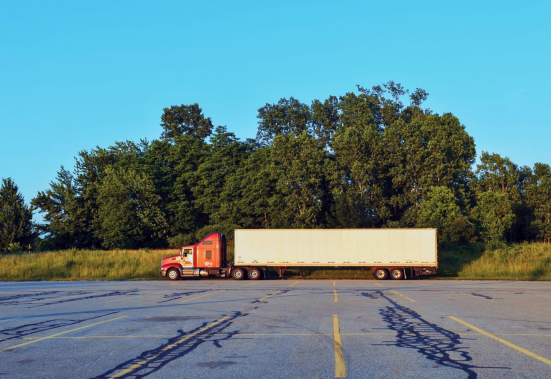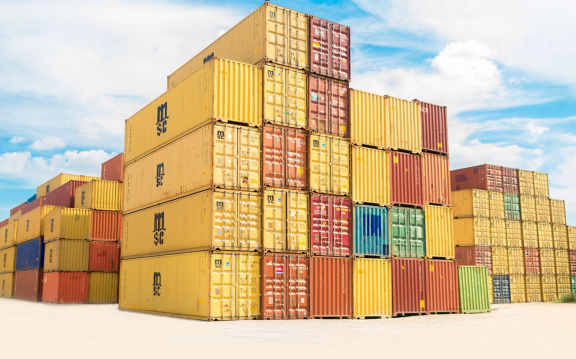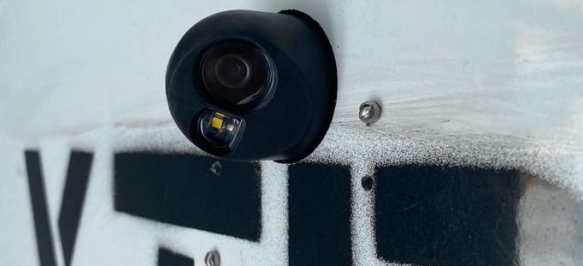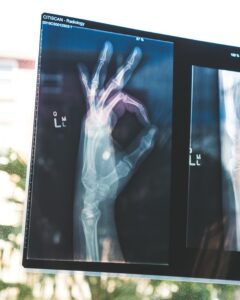It is now possible to accurately analyze camera footage using computer vision(CV) and AI technology to learn important business insights. For instance, monitoring the cargo is essential in the highly standardized logistics sector for reducing unused space, enhancing worker safety, and spotting potential vehicle and cargo movements. The road freight logistics sector is a mature industry where differentiation is challenging to achieve, with an estimated global market size of€ 1, 810B and an anticipated growth rate of 6.5% annually. In order to outperform their rivals, businesses are turning to cutting-edge technical solutions. As a result, many startups have emerged in recent years with the goal of finding suitable solutions. Cameras and sensors can see, comprehend, and react to movement and behavior in any environment thanks to the AI platform provided by guests. ZF was first introduced to Gestoos in this context in November 2019. In order to satisfy customer requests, ZF, a leading manufacturer of vehicle parts, offers cutting-edge logistics solutions. Therefore, ZF’s initial focus was on understanding the height profile of the cargo within large commercial trucking trailers( approximately 14 meters long) at any given time. The entire trailer area, from front to back and side to side, required the height profile. The operational and logistical optimization of cargo trailers would then be done using this data as well as additional sensor data. For your trailer safety, there are 5 reasons why you need a cargo camera. With so many people driving today, having a hyphen camera in your car can be extremely useful. In addition to serving as your additional electronic eyewitness, it can also be useful for providing video evidence in the event of a collision or wrongful run-in with law enforcement.
1. Hooking up your truck with a trailer
According to what’s been told, you don’t need a camera to find the problem if you have been backing up fifth wheels or gooseneck trailers for years. However, it is definitely useful. For someone who isn’t accustomed to regularly hooking up trailers, it does make the process quicker and simpler. We occasionally lack a second person nearby who can act as our guide as well. It is even simpler to switch between the backup camera and cargo camera images on larger 8.4-inch touch screens on newer RAM trucks.
2. Verify for any loose cargo
You use your truck to do truck-related tasks. How often do you load your belongings in bed while continually scanning the rearview mirror to see if a bag is about to fly out the back and hit the road or perhaps a vehicle? While driving, you can activate the camera to see what’s happening in the bed. There’s no need to request that passengers check behind them or even to try it while driving.
3. Including value to your customers’ lifestyles
Fleets can also help customers who trust them with their cargo by keeping an eye on trailer status whenever they need it. Customers can be reassured that their goods are secure throughout the journey if they have high-value items that are susceptible to damage by being able to send updates on cargo status. Fleets can automatically stay connected to the status of each trailer with the aid of sensor-based triggers and manual photos that can be sent at any time to display the contents of any specific trailer. For instance, if a trailer door sensor is installed, it can take pictures and alert dispatches when the door opens, which is useful for recovering cargo in the event of theft.
4. Improving the visibility of the remote trailer
Many fleets are relying more and more on cargo camera sensors because they let dispatch quickly view any trailer inside the pool without anyone getting up from their desk. This straightforward feature can be useful for finding lost cargo or just making sure certain trailers are prepared for the road. By giving a clear indication of the cargo volume inside each trailer, cargo camera sensors can also increase trailer utilization. As a result, dispatch can make plans to enhance trip routing and prevent fleets from suffering revenue losses and potential cargo damage from overloaded trailers.
5. Increase the performance of the trailer
Only when they are transporting cargo do railroads make money. Fleets are improving trailer turns by actively scheduling trailer pickups using Cargo Sensing data rather than waiting for customer updates. They can recognize useful trailers that may only have an empty pallet, load bars, or other non-cargo items by using precise cargo status. Fleets can spot locations with slow trailer turns and take appropriate action by analyzing historical trend











